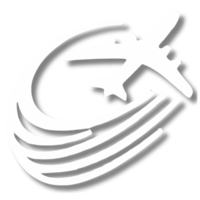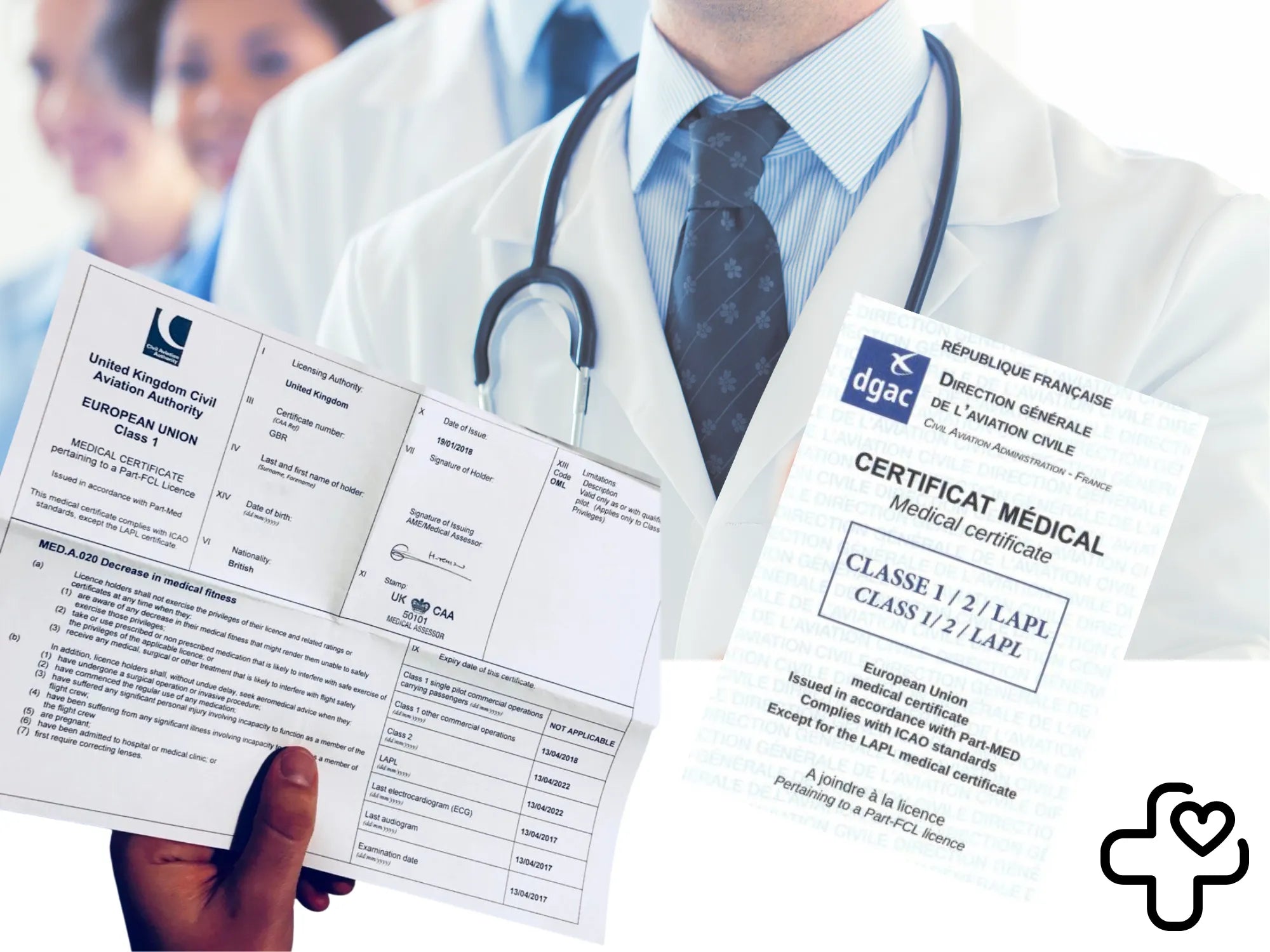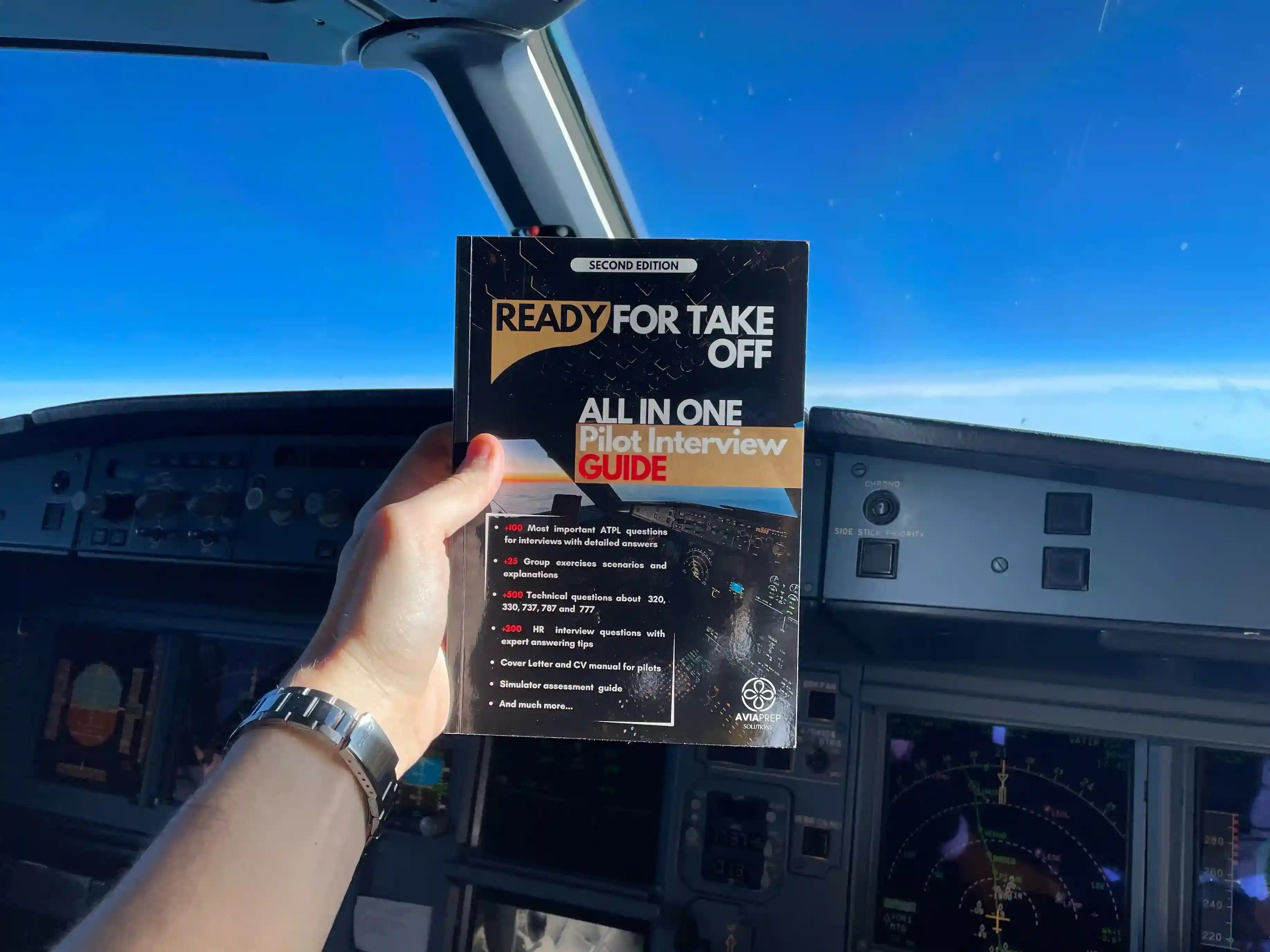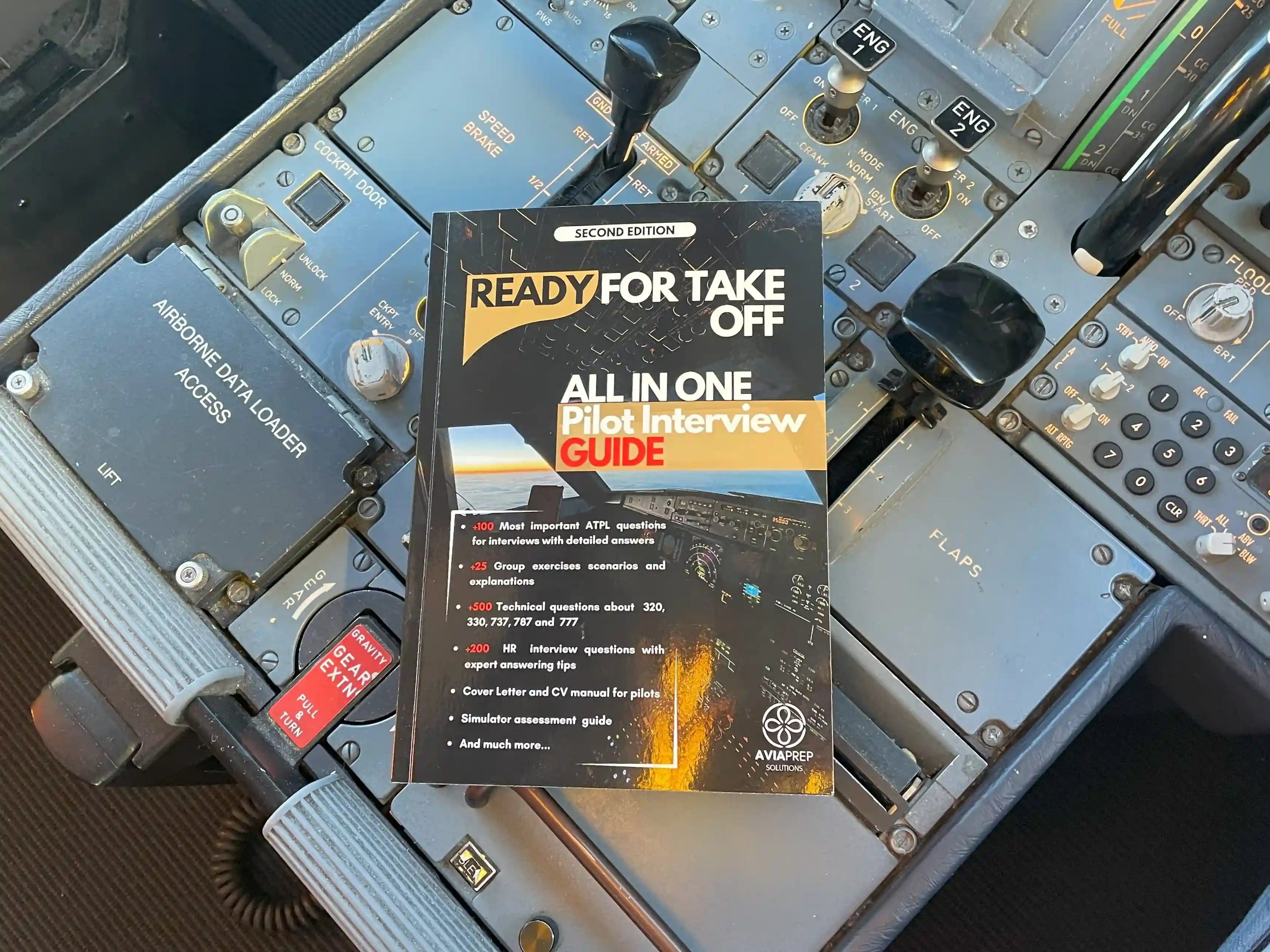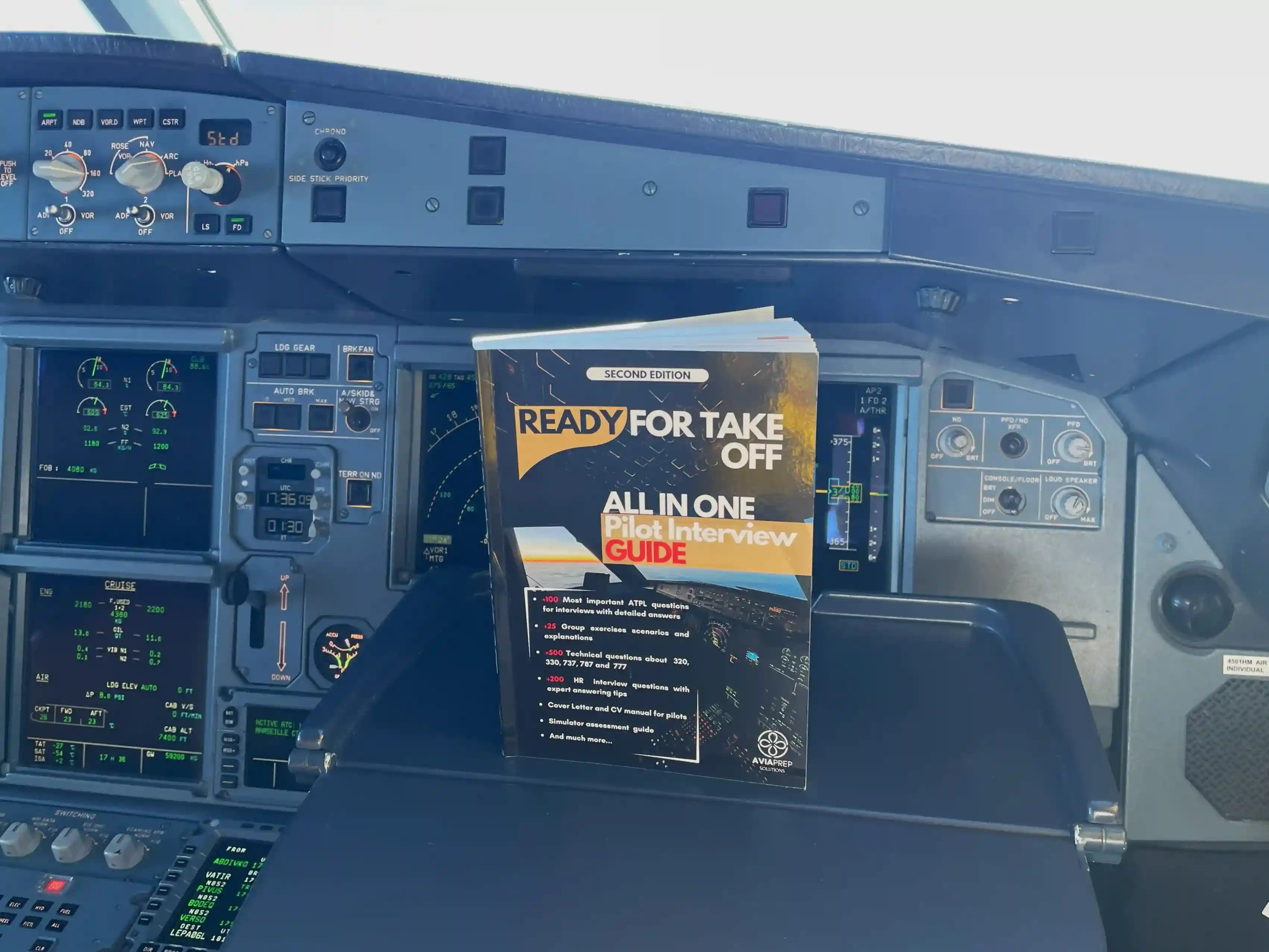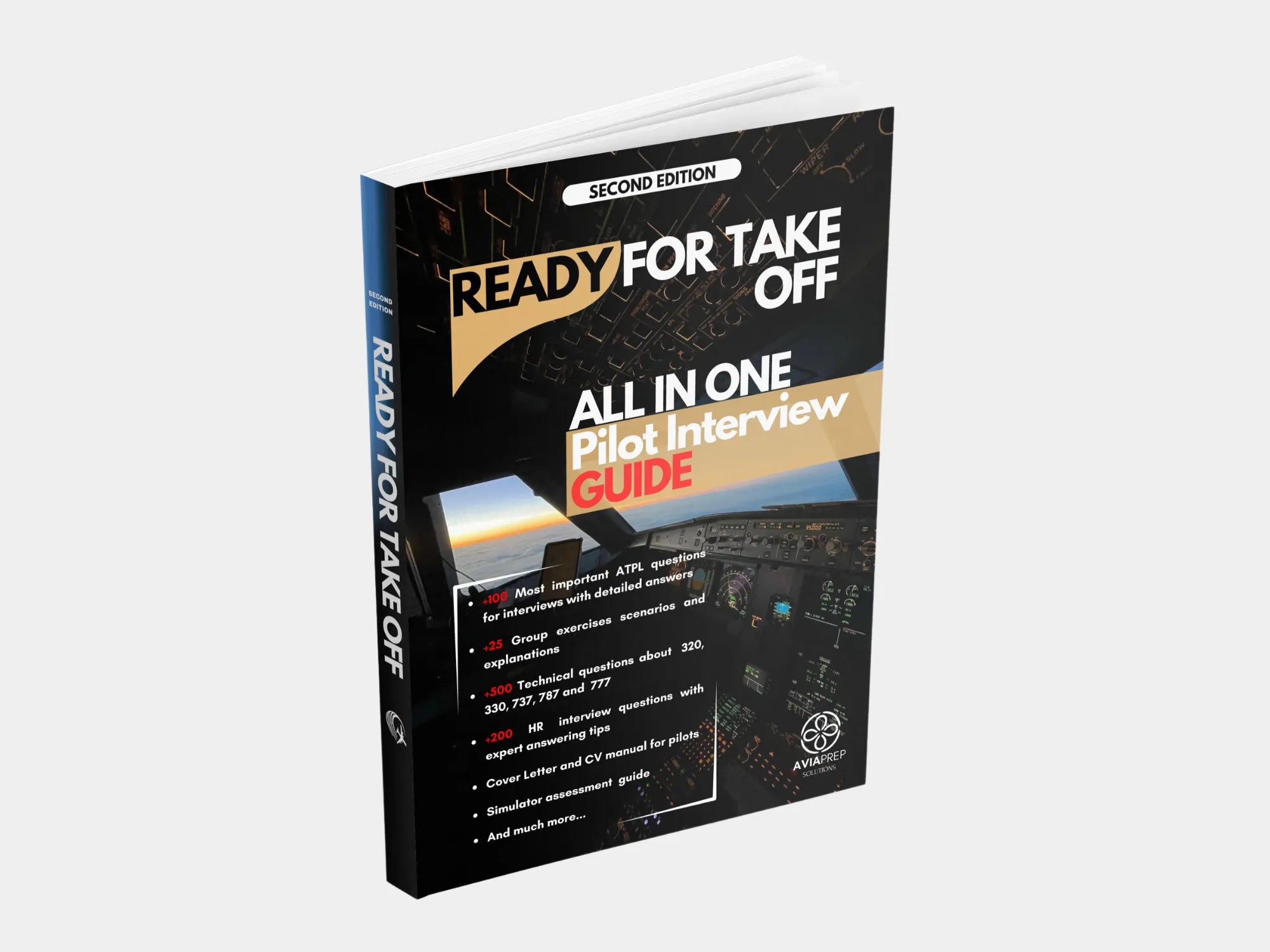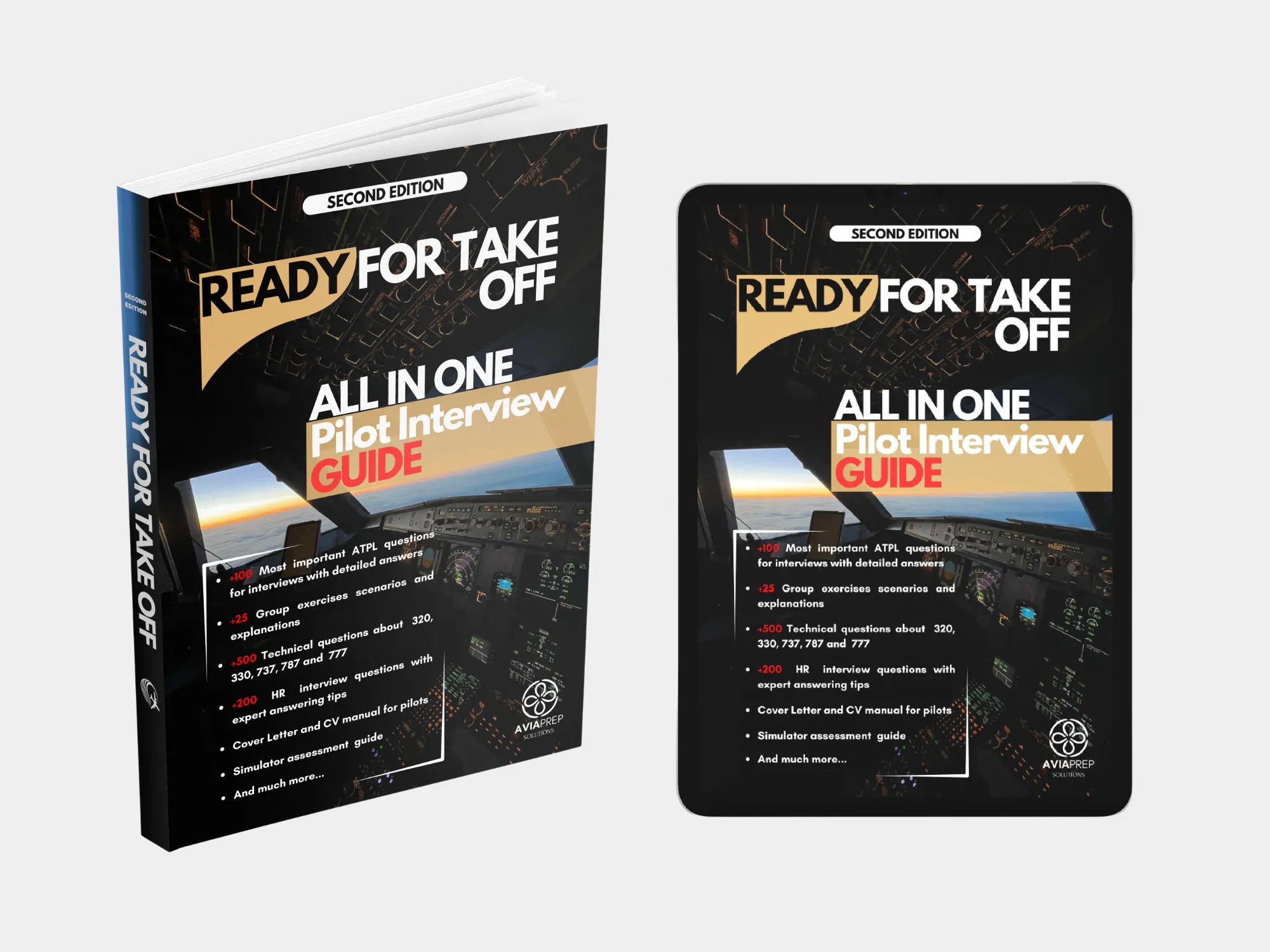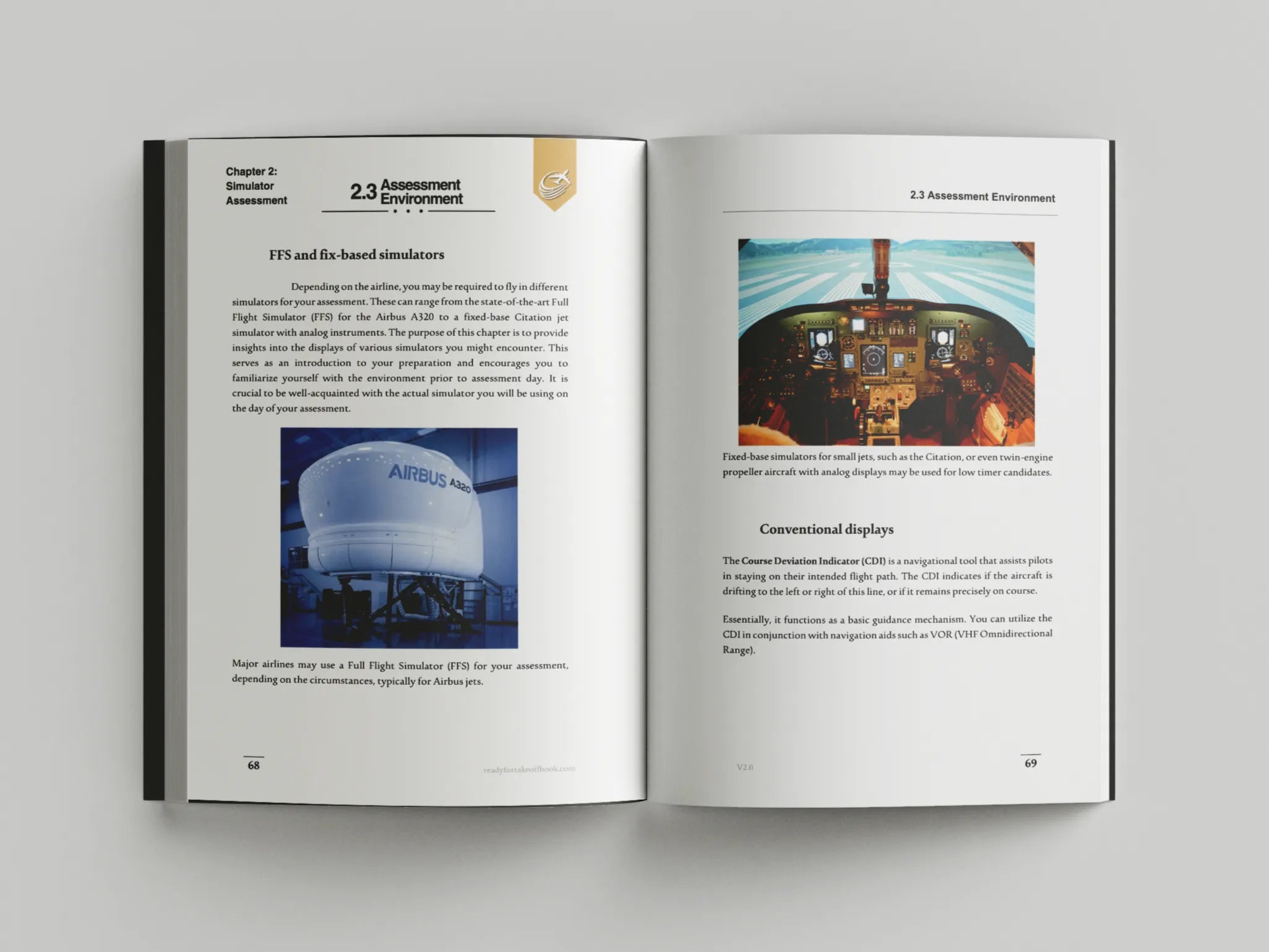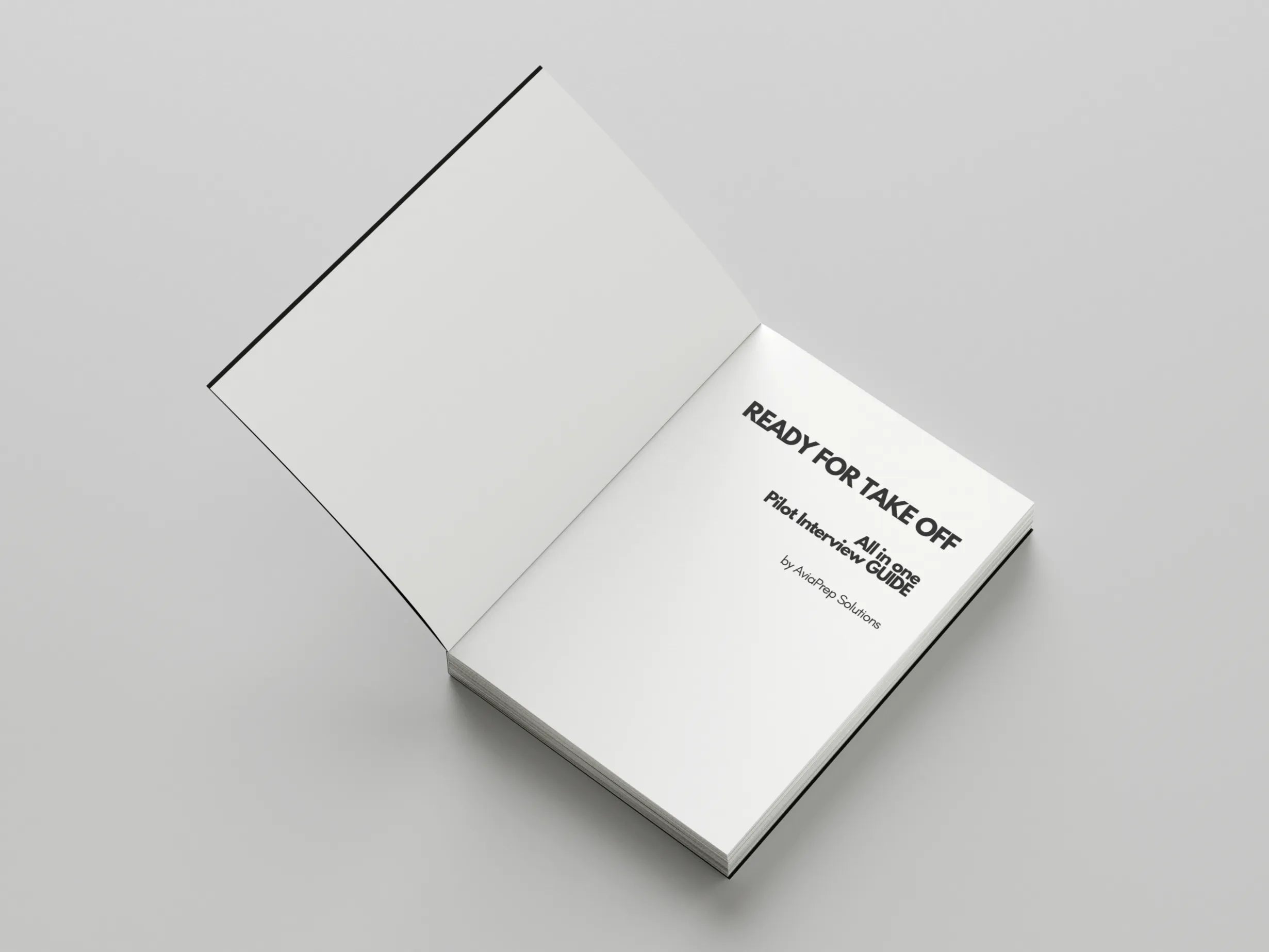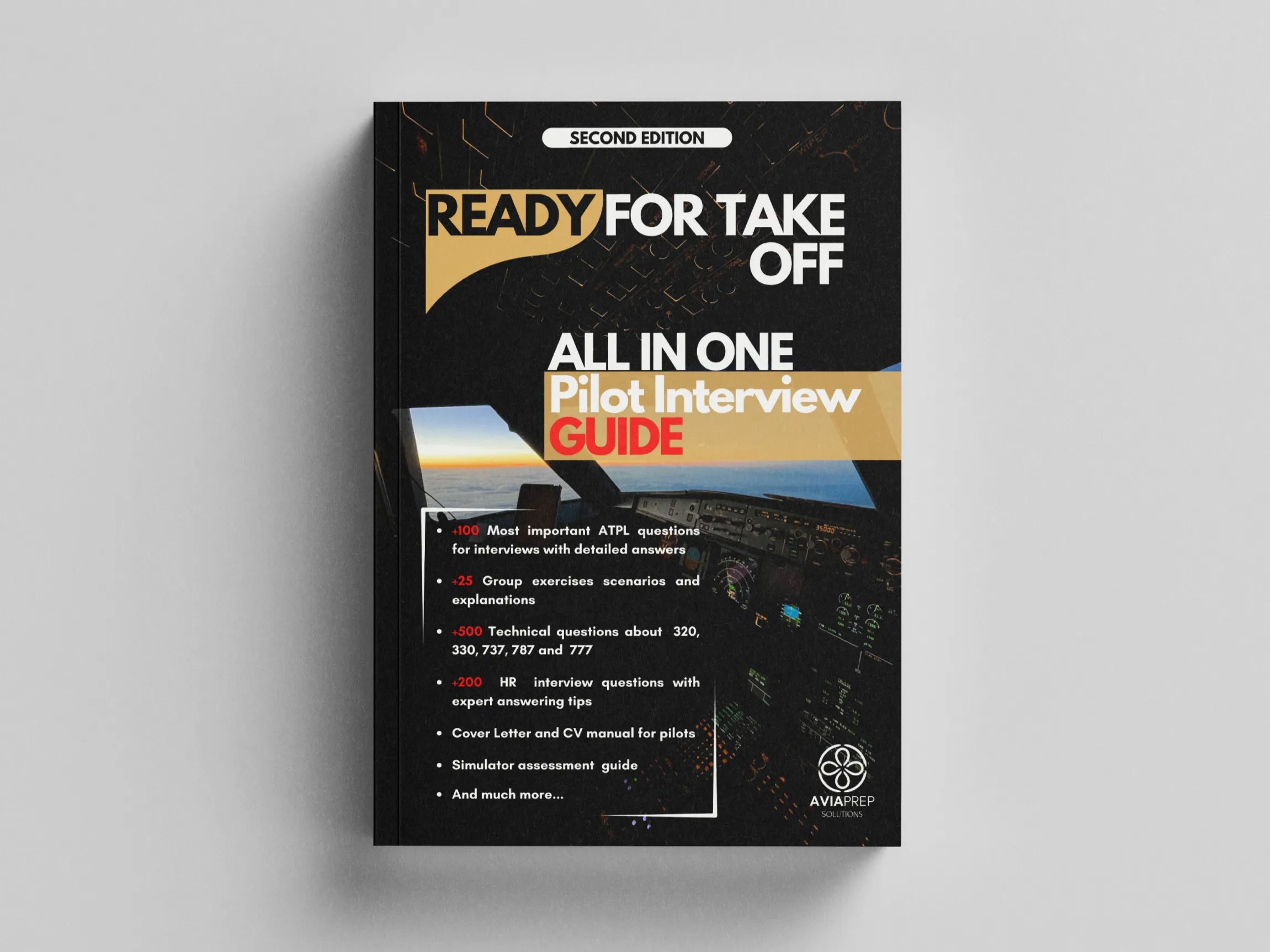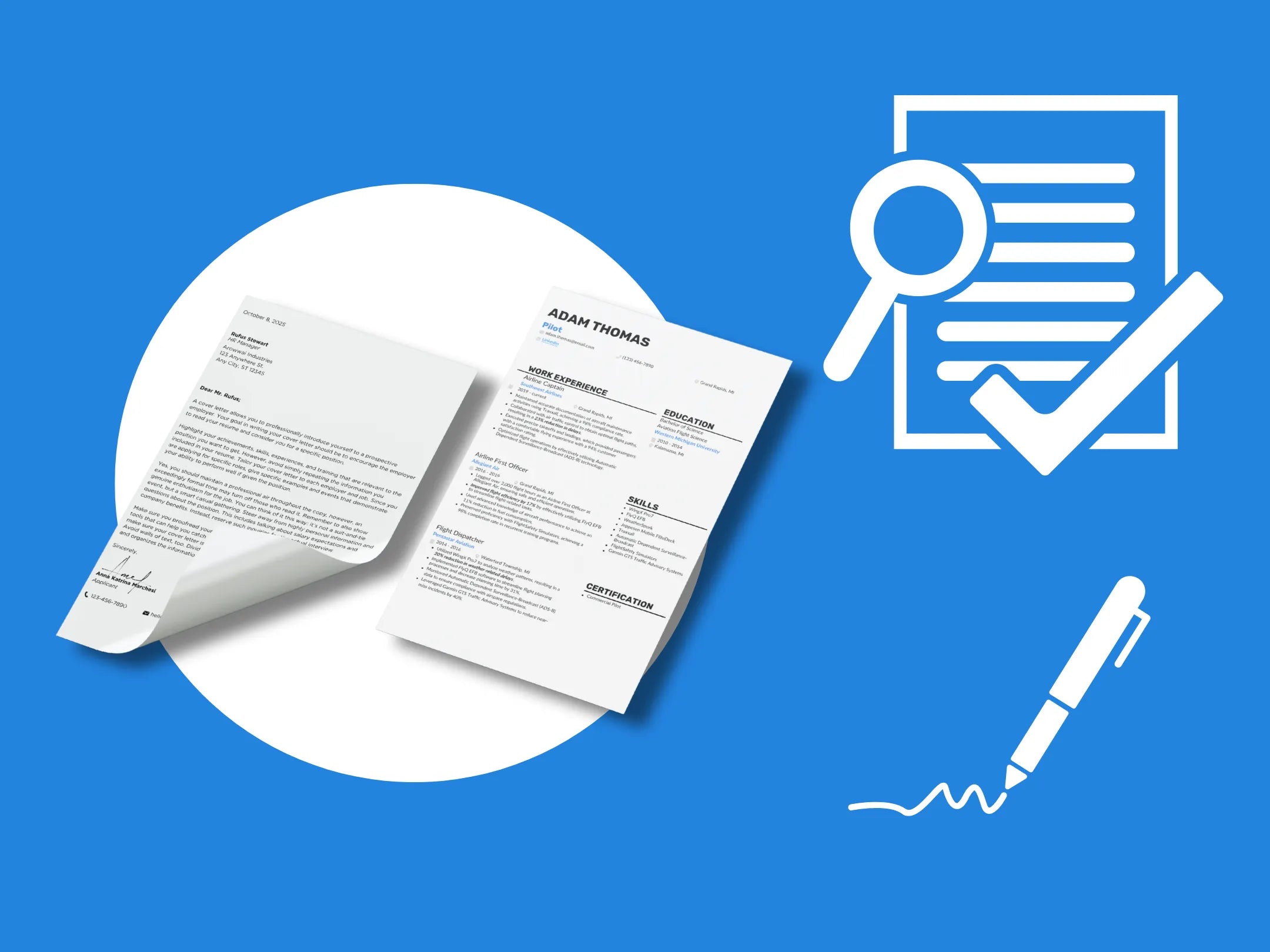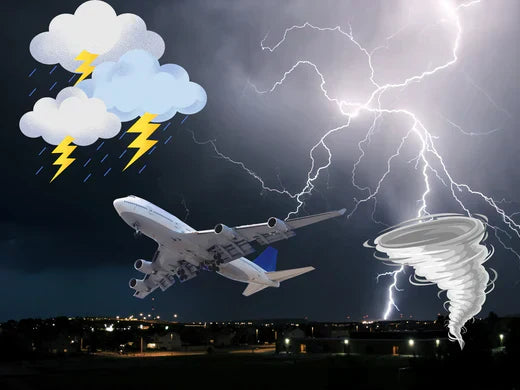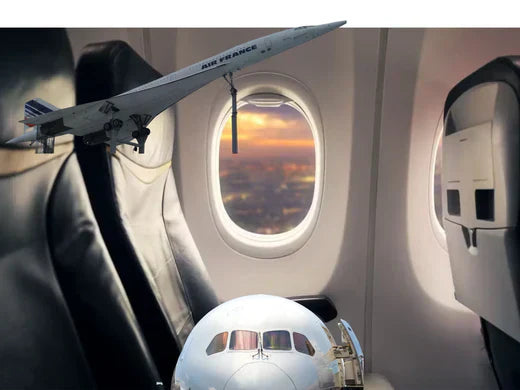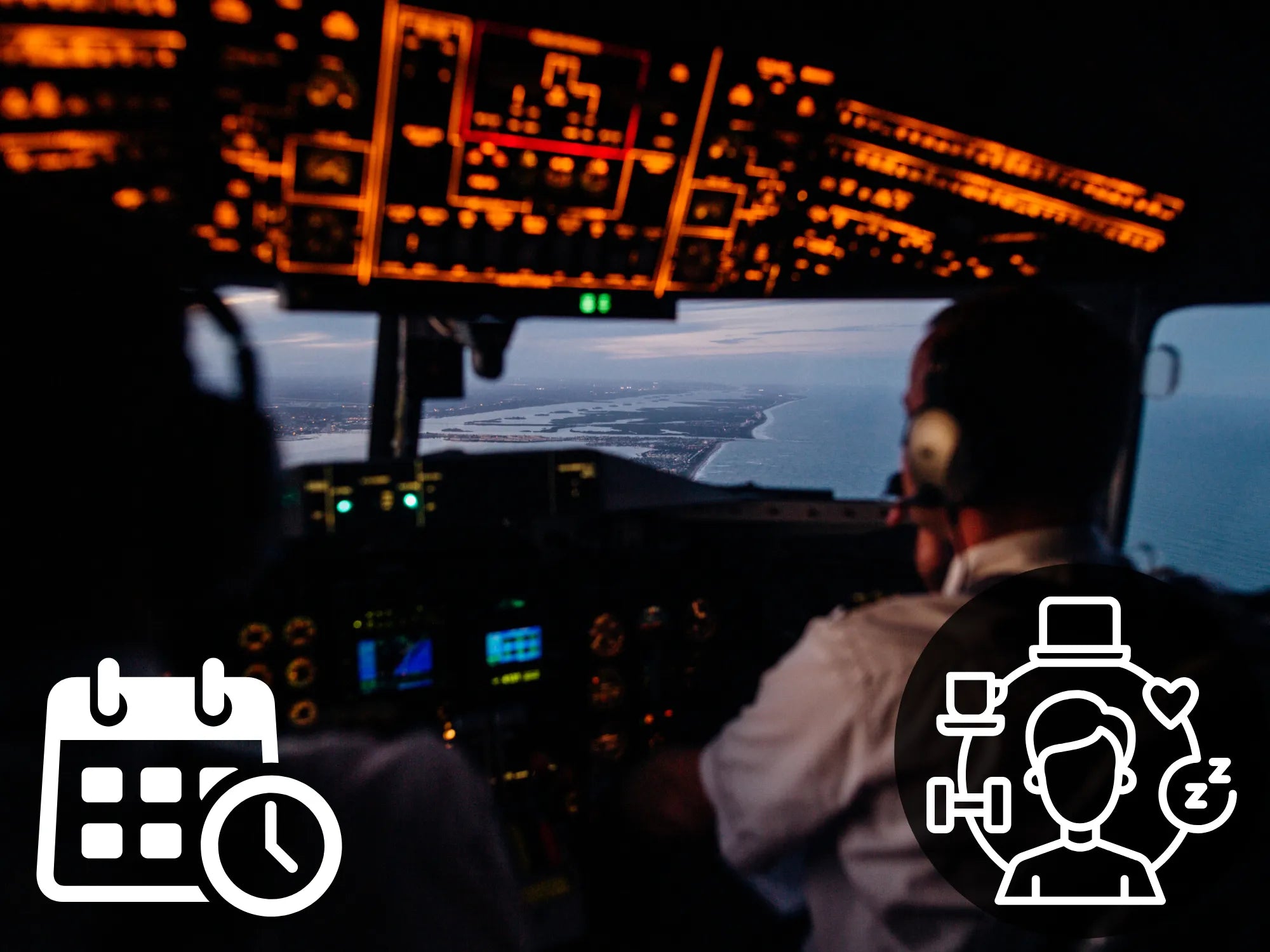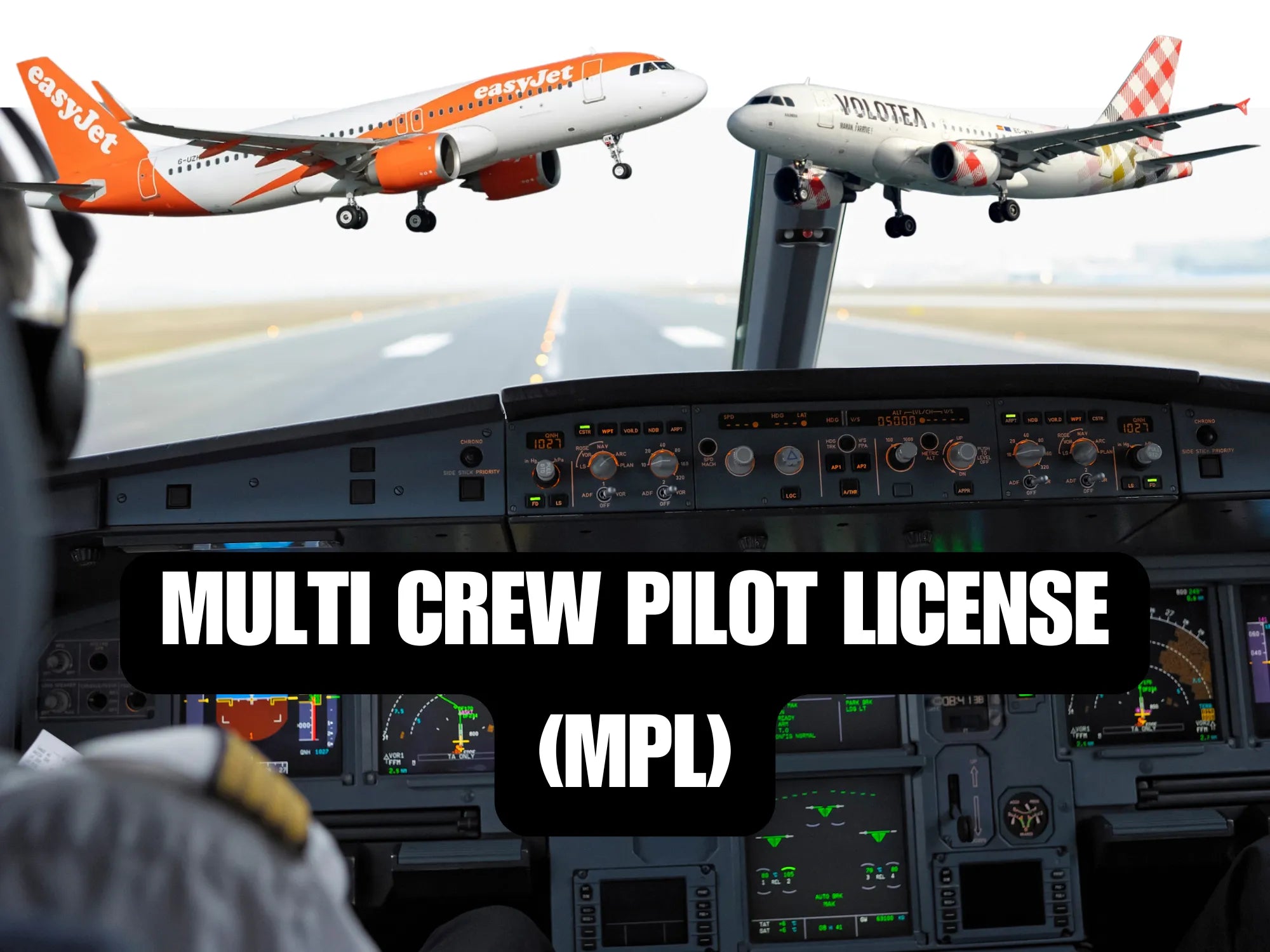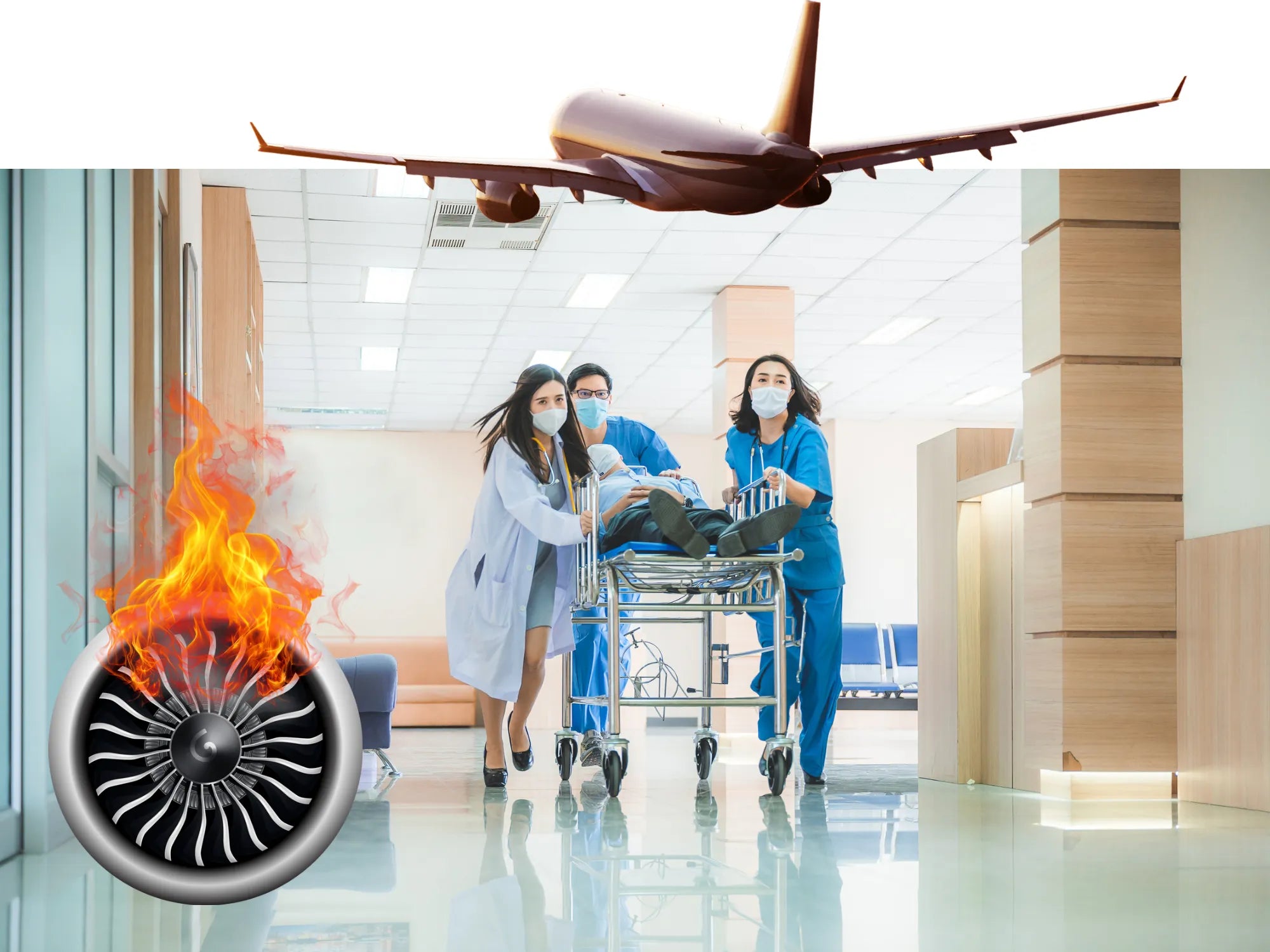Introduction to EASA Class 1 Medical Certification
Becoming a commercial pilot requires meeting rigorous health standards to ensure safety in the skies. The EASA Class 1 Medical Certification is an important step for aspiring pilots in Europe. This certification, governed by the European Union Aviation Safety Agency (EASA), verifies that pilots are medically fit to operate an aircraft safely.
What is EASA Class 1 Medical Certification?
EASA Class 1 Medical Certification is the highest standard of medical assessment for pilots in Europe. It is required for anyone looking to have a career as a commercial pilot or an airline transport pilot. This certification ensures that pilots meet the necessary physical and mental health standards to perform their duties effectively and safely.
Requirements for EASA Class 1 Medical Certification
1. General Health
Applicants must be in good general health, with no medical conditions that could impair their ability to fly. This includes a long and complex examination of the cardiovascular system, respiratory system, and overall physical fitness.
2. Vision
- Visual Acuity: Pilots must have good visual acuity. The minimum requirement is 6/9 in each eye, corrected or uncorrected.
- Color Vision: Applicants must pass a color vision test to ensure they can distinguish aviation colors used in navigation and signaling.
- Peripheral Vision: Adequate peripheral vision is required to detect movements and maintain situational awareness in the cockpit.
3. Hearing
Good hearing is essential for communication and situational awareness. Applicants must be able to hear a normal conversation at a distance of 2 meters, with or without hearing aids.
4. Cardiovascular Health
The medical exam includes tests to ensure the cardiovascular system is functioning properly. This may involve an electrocardiogram (ECG) to check heart health, especially for applicants over the age of 40.
5. Mental Health
Mental health assessments are conducted to ensure pilots can handle the psychological demands of flying. This includes evaluations for conditions such as depression, anxiety, and other mental health issues.
6. Laboratory Tests
- Blood Tests: To check for diabetes, anemia, and other health indicators.
- Urine Tests: To detect any metabolic or kidney-related issues.
7. Other Examinations
- Neurological Examination: To rule out any neurological disorders.
- Musculoskeletal Examination: To ensure the applicant has the necessary physical capabilities to operate aircraft controls effectively.
How to Prepare for the EASA Class 1 Medical Examination
1. Gather Required Documentation
Before your examination, ensure you have all necessary documentation, including:
- Personal identification
- Medical history forms
- Any relevant medical records or reports
2. Schedule an Appointment
Book your medical examination with an EASA-certified Aeromedical Examiner (AME). These are specially trained doctors authorized to conduct Class 1 medical exams.
3. Get Adequate Rest
Ensure you are well-rested before your examination. Lack of sleep can affect your physical and mental health, potentially impacting test results.
4. Avoid Alcohol and Caffeine
Refrain from consuming alcohol and excessive caffeine at least 24 hours before your exam, as these substances can affect your blood pressure and overall health metrics.
5. Follow a Healthy Diet
Eat a balanced diet leading up to your examination. Avoid high-fat, high-sugar foods that can temporarily elevate your blood pressure or affect lab test results.
6. Prepare Mentally
Stay calm and relaxed. Anxiety can affect your physical responses during the examination. Practice relaxation techniques if necessary.
What to Expect During the Examination
1. Initial Interview
The medical examiner will begin with an interview to discuss your medical history, lifestyle, and any concerns you may have. Be honest and thorough in your responses.
2. Physical Examination
A comprehensive physical examination will be conducted, including checks of your cardiovascular, respiratory, and musculoskeletal systems. Your height, weight, and blood pressure will also be measured.
3. Vision and Hearing Tests
You will undergo tests to assess your visual acuity, color vision, peripheral vision, and hearing ability. Make sure to bring any corrective lenses or hearing aids you use regularly.
4. Cardiovascular Tests
An ECG may be performed, especially if you are over 40 or have a history of heart issues. This test measures the electrical activity of your heart to ensure it is functioning correctly.
5. Laboratory Tests
Blood and urine samples will be taken to check for various health indicators, such as blood sugar levels, cholesterol, and kidney function.
6. Mental Health Evaluation
A mental health assessment will be conducted to ensure you are psychologically fit to handle the responsibilities of flying. This may involve questionnaires and an interview with the examiner.
Validity and Renewal of EASA Class 1 Medical Certification
Initial Certification
The initial EASA Class 1 Medical Certificate is valid for one year for pilots under 40 and six months for pilots over 40.
Renewal Process
To maintain your certification, you must undergo periodic medical examinations. The frequency depends on your age and the type of flying you do:
- Under 40 years: Every 12 months
- Over 40 years: Every 6 months
Special Considerations
If you develop a medical condition that could affect your ability to fly, you must report it to an Aeromedical Examiner. They will determine if you can continue flying or if additional evaluations are needed.
Where to Get EASA Class 1 Medical Certification
You can find EASA-certified Aeromedical Examiners across Europe. Here are some useful links to locate an AME:
Conclusion
EASA Class 1 Medical Certification is a critical step for anyone aspiring to become a commercial pilot. By meeting the rigorous health standards set by EASA, pilots ensure they are physically and mentally fit to handle the demands of flying. Preparation is key to passing the medical exam, so take care of your health, gather necessary documents, and choose a certified Aeromedical Examiner. After getting your medical, you can also prepare for your pilot interview with our book. With the right preparation and mindset, you can achieve this important milestone in your aviation career.
